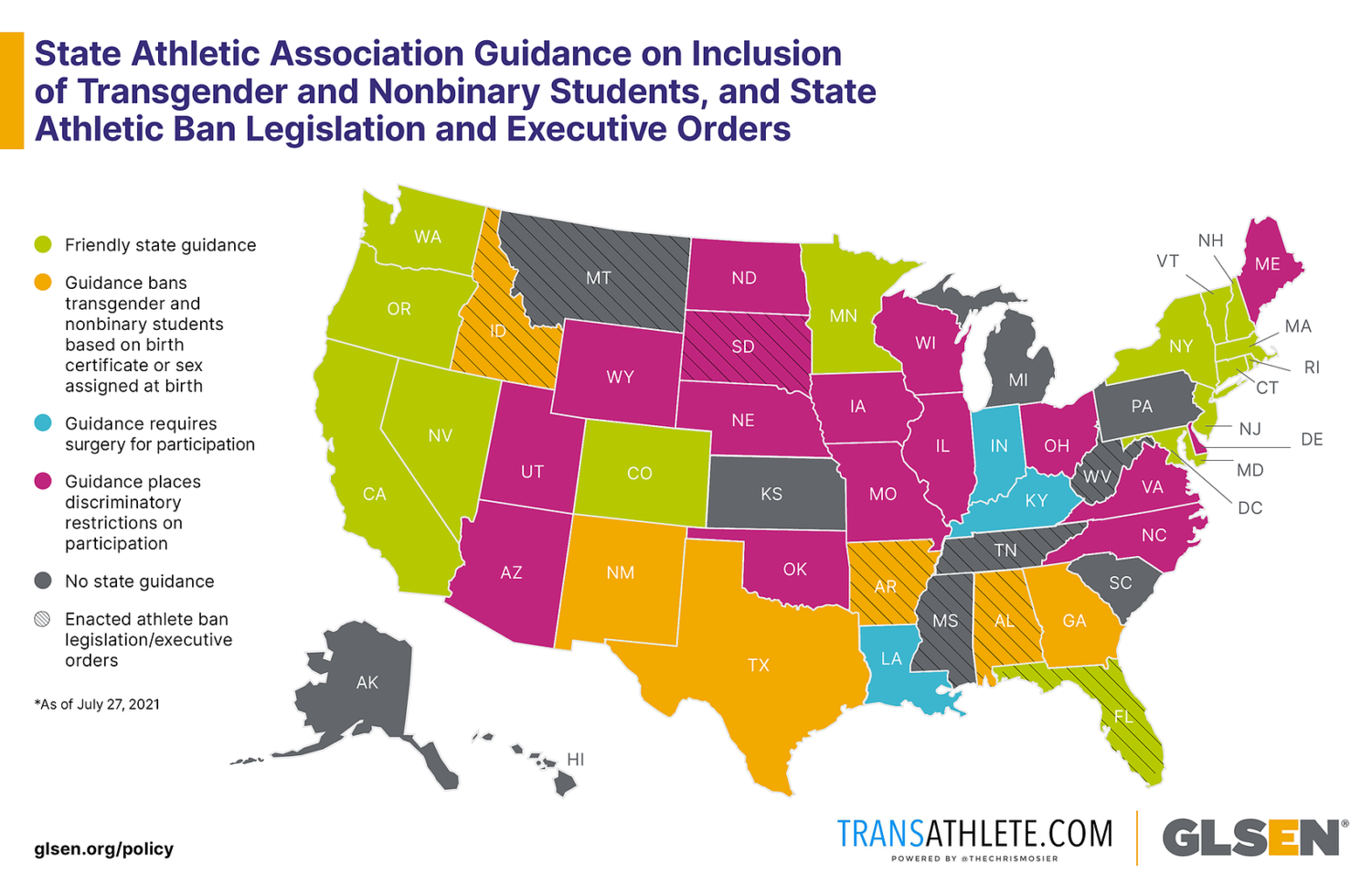In the past legislative session alone, at least 117 laws aimed to limit the rights of the transgender community have been introduced in state legislatures.
These range from banning transgender youth from participating in sports that align with their gender identities to making it a felony to provide gender-affirming healthcare services to transgender minors.
According to the Human Rights Campaign, as of May 7, 17 of those laws have been enacted in states ranging from Montana to Tennessee. Proponents of these laws, especially the ones aimed at transitioning as a minor, argue that minors are not equipped to make life-altering decisions such as the choice to transition.

They point to people like Charlie Evans, a young transgender man who detransitioned in 2018, and started a network called the Detransition Advocacy Network that seeks to reform access to gender-affirming healthcare services.
A transgender Bay Area sophomore said he “was tired of experiences that vary from person to person being reduced to horror stories and being thrown back in the faces of transgender youth to keep them from being happy.”
He points to an NBC report which states that the actual rate of detransitioning among transgender people was around 8 percent, and out of that 8 percent, 62 percent had been temporary detransitions, with the most common reason for detransitioning being pressure from a parent.
Instead of focusing on statistics like the detransition rate, the sophomore interviewed wants us to focus on the transgender suicide rate, which is almost 10 times the rate of the general population.
By being given access to gender-affirmative healthcare, he argues that his mental health has greatly improved, and the data backs him up, with transgender people who have received one or more gender-affirming surgical procedures having a 42 percent reduction in the odds of experiencing past-month psychological distress, and a 44 percent reduction in the odds of past-year suicidal ideation.
He and those who support him believe these laws are not based upon science but on a politicized agenda backed by religious/political groups using the issue of transgender rights as a method to garner political influence and polarize America.









